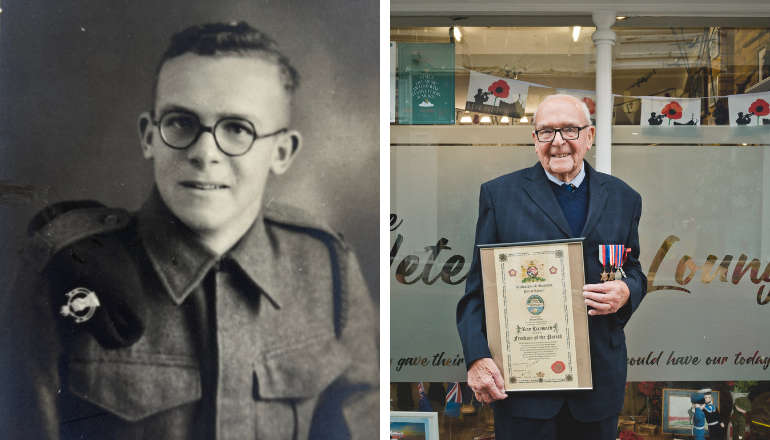
Roy Hayward, one of the last surviving veterans from the D-Day landings, has died at the age of 99 years old.
His family say he died ‘peacefully’ at St Mary's Hospital, Newport, Isle of Wight in the early hours of Sunday (December 15).
A reserve tank crew, Roy landed in France on the evening of D-Day with the Sherwood Rangers - three weeks’ later, both of his legs had to be amputated.
He was just 19 years old.
80 years’ later, Roy played a central role in this summer’s D-Day commemoration - where he was celebrated as a national hero - receiving a standing ovation from the audience in Portsmouth.
The 80th Anniversary event was attended by King Charles, with Queen Camilla and Prince William - who thanked him personally for his service and sacrifice.
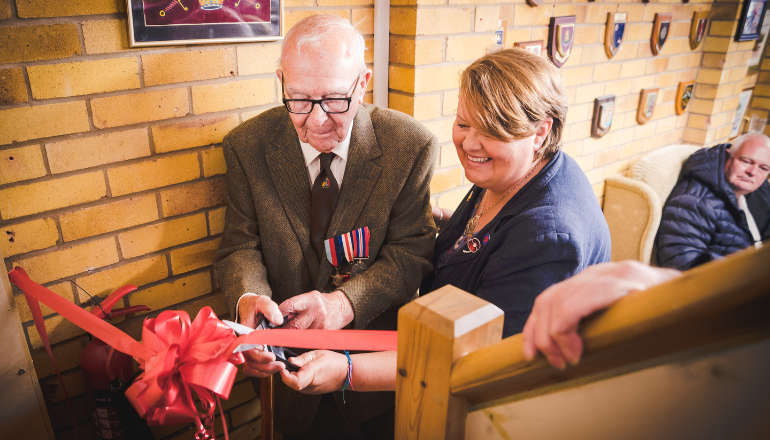
His next-of-kin Jane and Stuart Nicholls said of his death:
“It’s a big blow, a big loss in our lives.
“The last thing he probably remembered really well was having a nice Christmas lunch with his friends - doing what he really loved.
“We were incredibly proud of his involvement in the 80th Anniversary events.
“He’d never been that keen to be in the limelight… but he took on the honour and was incredibly proud and chuffed to get the recognition.”
Roy loved his life living in the seaside village of Seaview on the Isle of Wight with his wife Barbara - who died in 2013.
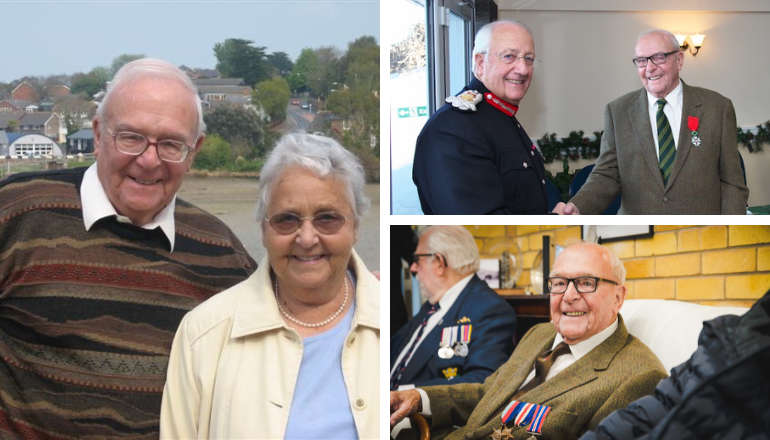
He was also awarded France’s highest military honour, the Legion d’Honneur, in 2016 - with the award presented by the then Lord-Lieutenant of the Isle of Wight and fellow Seaview resident Major General Sir Martin White.
In 2022 he was honoured locally on Remembrance Sunday and officially given the Freedom of the Parish of Nettlestone and Seaview.
Cllr Ian Dore, Isle of Wight Armed Forces Champion said:
"Roy was a veterans’ veteran - by that I mean, humble, dignified, warm, witty, respectful, and appreciative.
“He never considered himself a hero and didn’t see his actions or involvement anything more than his duty.
“He had a lust for life, an incredible sense of humour, coupled with an immense amount of love for his friends and family.
“It was a pleasure and privilege to enjoy his company, he will be fondly remembered and deeply missed."
Roy joined Blesma, The Limbless Veterans, after the war and became serving as both Treasureer and then Chairman of the Isle of Wight branch for many years.
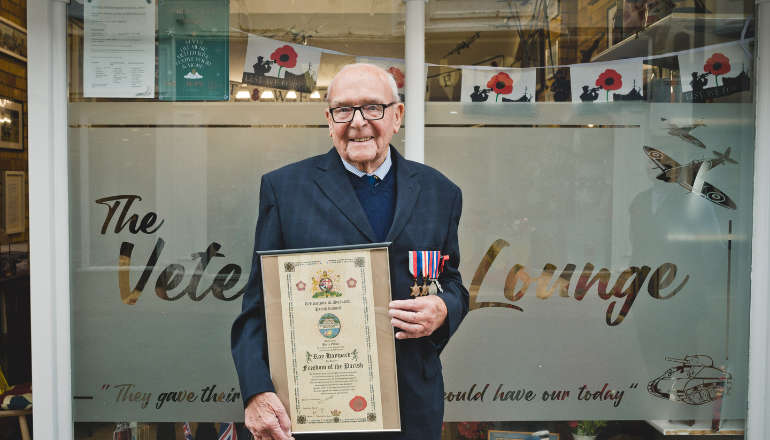
Vivienne Buck, chief executive of Blesma says:
“Roy was a remarkable person and he will be sadly missed by so many people.
“He was typical of that generation in that he did not complain or dwell on what had happened.
"He just got on with life and even commuted from his home in Surrey, cycling to his local station on rudimentary prosthetics to catch a train into London every day.
“Roy’s first concern was always for others and he worked hard to represent Blesma Members during his time as a branch official and he took a lot of satisfaction in helping other amputees and veterans.
“We were delighted to have known Roy at Blesma and honoured to have had him as a Member of our charity.”
Roy was born in April 1925 and lived with his parents and sister Marjorie in Molesey, Surrey.
Admitting he wasn’t academic at school, he loved sport, and focused particularly on rugby and cricket.
At the age of 16 he started working at the Westminster Bank in Covent Garden and in early 1943 he volunteered for service in the British Army just before his 18th birthday.
After training at Bovington in Dorset, he joined the Sherwood Rangers Yeomanry Tank Regiment as the Allies geared up for the invasion.
His unit landed in the evening and were soon in the action and he was in a Sherman tank as they clashed with the 12th SS Panzer Division at Fontenay-le-Pesnel.
His tank was hit by a shell and immediately started to burn.
He managed to push a fellow crew member out and, despite horrific injuries, climbed out himself and got clear before it was engulfed in flames.
Roy was rescued by medics and had his legs amputated at a nearby field hospital before being shipped back to Portsmouth for extensive treatment and rehabilitation in several different hospitals.
He was eventually measured for artificial limbs at Chapel Allerton hospital in Leeds where he learned to walk again.
Returning to his work at Westminster Bank in Covent Garden he undertook the difficult commute into central London by bicycle, train and on foot - a decision he later described as “mad”.
While working at the bank, he met and married Barbara in 1948.
After retiring at the age of 47, the couple moved to Seaview after holidaying on the Isle of Wight.
They were both heavily involved in Island life through the local the Ryde Lions, Cancer Research, Blesma and the local bowls club.
After his wife Barbara died from a stroke in 2013, Roy lived alone, teaching himself to cook and do the housework.
In the last decade of his life, Roy became more involved in Armed Forces associations and commemorative events, opening up and talking about his wartime experiences.
He was a regular visitor to The Veterans’ Hub in Ryde, cutting the ribbon for it’s formal opening ceremony.
His family will announce the details of plans to celebrate his life soon.

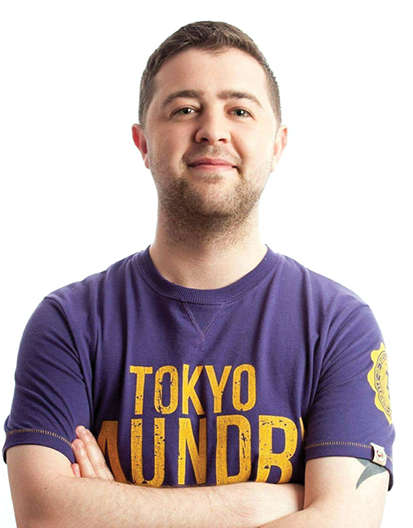
 Green Light For Wild Beaver: Landmark Moment For Nature Recovery
Green Light For Wild Beaver: Landmark Moment For Nature Recovery
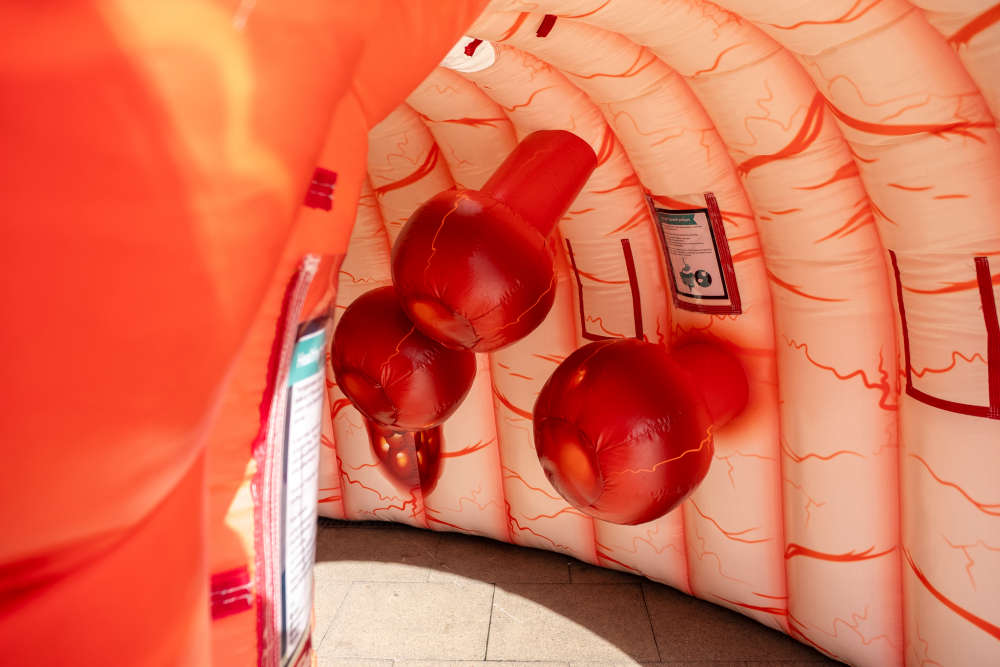 Super Bowel – Giant Inflatable Intestine To Tour Isle Of Wight
Super Bowel – Giant Inflatable Intestine To Tour Isle Of Wight
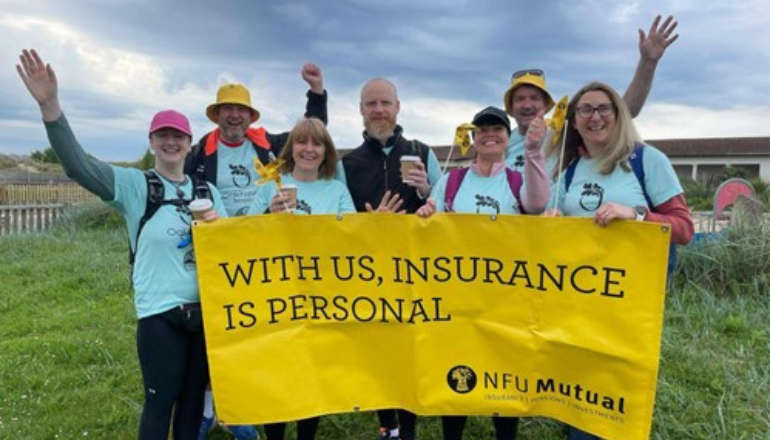 Local Insurer To ‘Walk the Wight’ To Raise Vital Funds For Mountbatten Hospice
Local Insurer To ‘Walk the Wight’ To Raise Vital Funds For Mountbatten Hospice
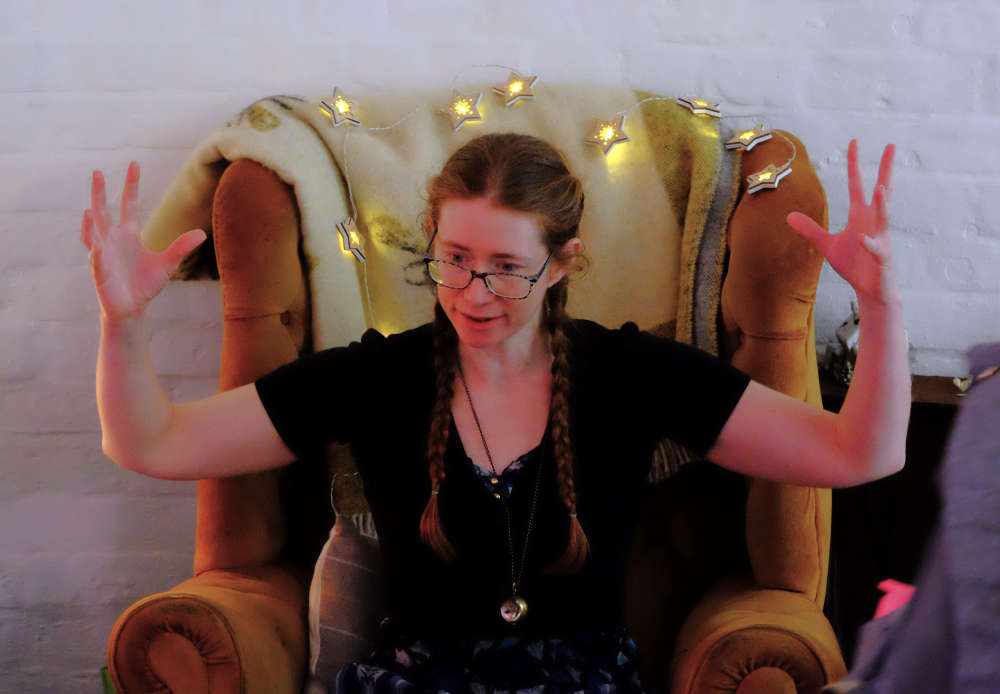 Isle Of Wight Story Festival Pulls Large Crowds Over Half Term Week
Isle Of Wight Story Festival Pulls Large Crowds Over Half Term Week
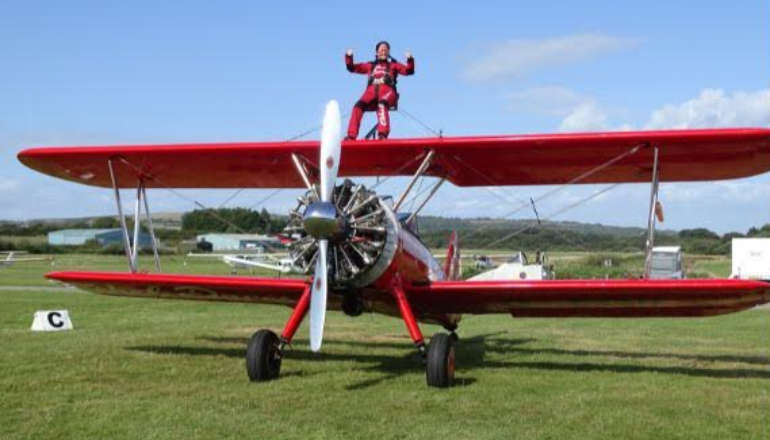 Wing Walk 2025 A First For St Catherine's
Wing Walk 2025 A First For St Catherine's



 Secondary School Offers Made To Island Children
Secondary School Offers Made To Island Children
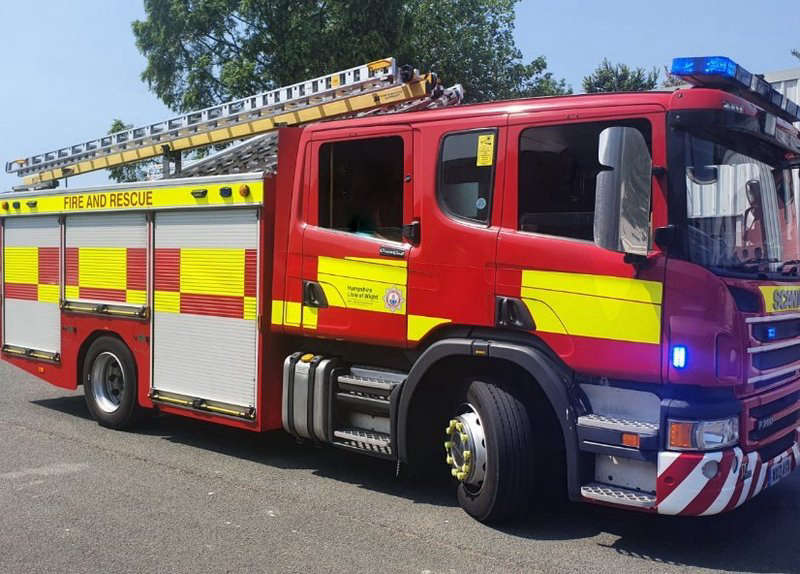 Shanklin Garage Fire Leads To Emergency Service Call-Out
Shanklin Garage Fire Leads To Emergency Service Call-Out
 Mountbatten CEO 'Delighted' Following Government Funding Of More Than £330,000
Mountbatten CEO 'Delighted' Following Government Funding Of More Than £330,000
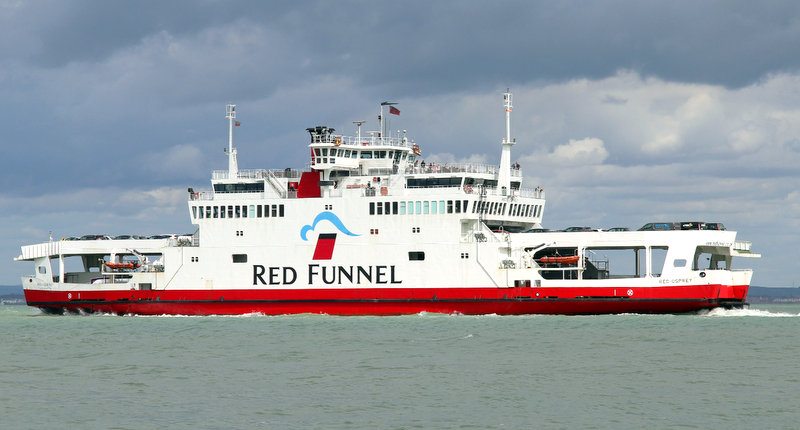 Red Funnel Services Delayed For Up To 90 Minutes As Result Of Fog Disruption
Red Funnel Services Delayed For Up To 90 Minutes As Result Of Fog Disruption
Comments
Add a comment